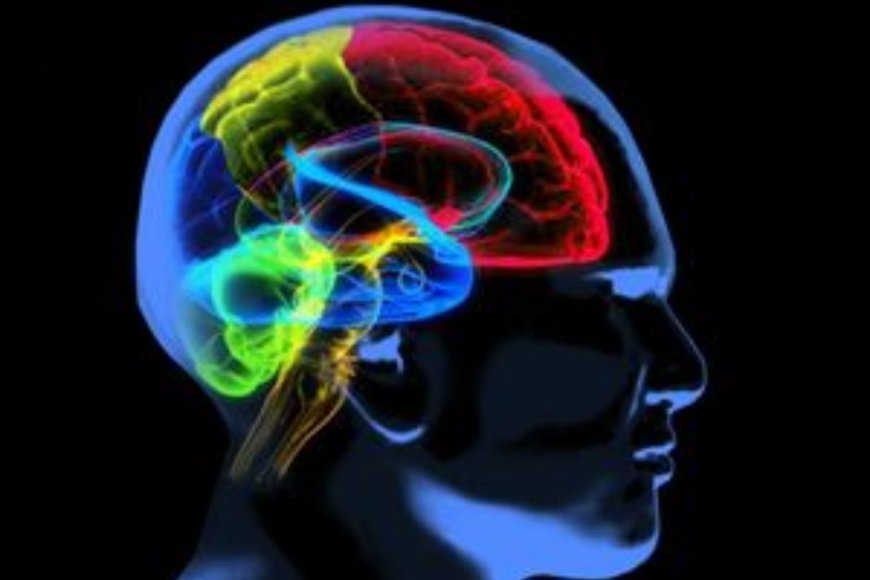Study shows pattern of brain shrinkage varies between Alzheimer’s patients
Alzheimer's disease is the most common type of dementia.

New Delhi: Alzheimer’s disease patients’ brains do not in the reduction of uniformly, the pattern varies between individuals with the neurodegenerative disease, finds a study.
Alzheimer’s disease is the foremost common form of dementia and is guilty for 60-70 per cent of dementia cases in people over sixty five years of age.
The study by researchers at University College London, UK, and Radboud University within the Netherlands, is the first to analyse patterns of brain shrinkage over time in those with mild memory problems or Alzheimer’s disease, and then compare it against a healthy benchmark.
The outcomes, published within the journal Alzheimer’s and Dementia, are based on brain scans of three,233 MRI brain scans from 1,181 those with Alzheimer’s disease or mild memory issues and when put next with benchmark brain scan data collected from fifty eight,836 healthy people.
The team looked for the “fingerprints” of disease.
They found that those with mild memory problems whose brains shrunk more than normal quickly were increasingly in danger of developing Alzheimer’s. No uniformity was once found within the manner the brain shrank in those with Alzheimer’s, the team said.
Notably, the analysis showed that even supposing most participants, within the origin, had similar-sized brains, different patterns (progression/regions affected) of brain shrinkage were seen between individuals over time.
In keeping with researchers, the individual variability stem from the actual undeniable fact that many individuals with Alzheimer’s have multiple bring about of cognitive illness, corresponding to vascular dementia or frontotemporal dementia.
Genetic and environmental factors, corresponding to brain injuries, alcohol consumption, or smoking habits, are also thought to play a component, the team said.
The findings may enable the event of more personalised medicines, which targets the express range of brain areas affected in someone.
What's Your Reaction?



























































